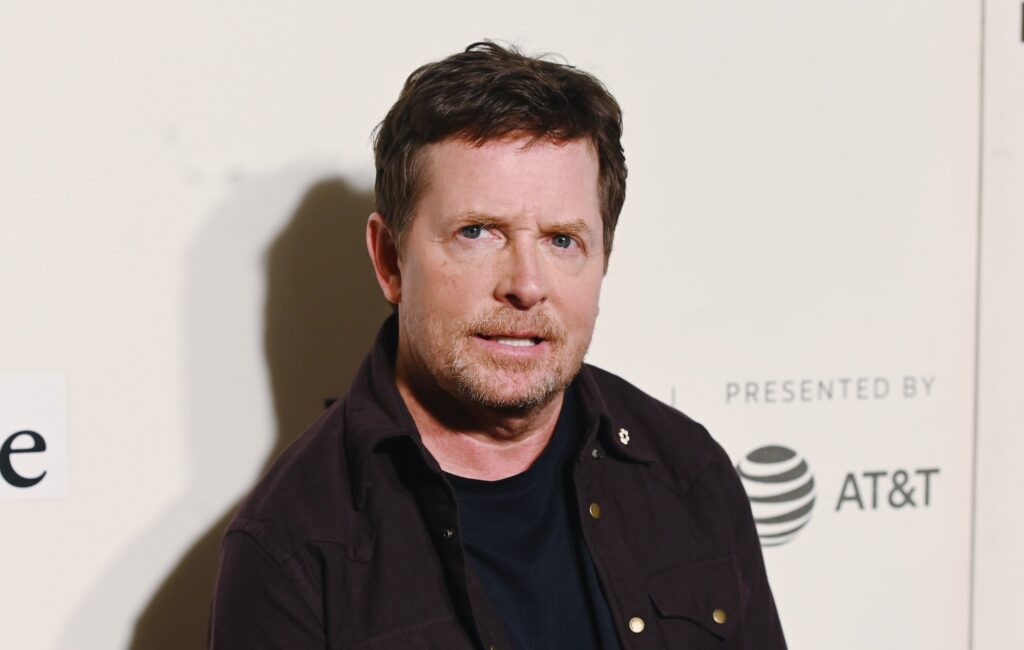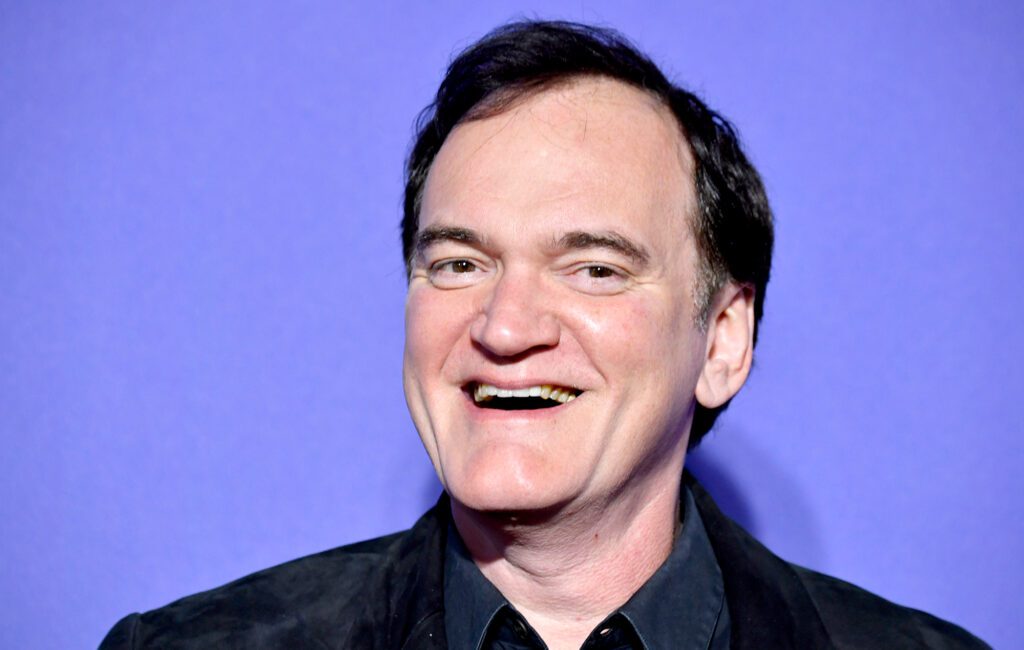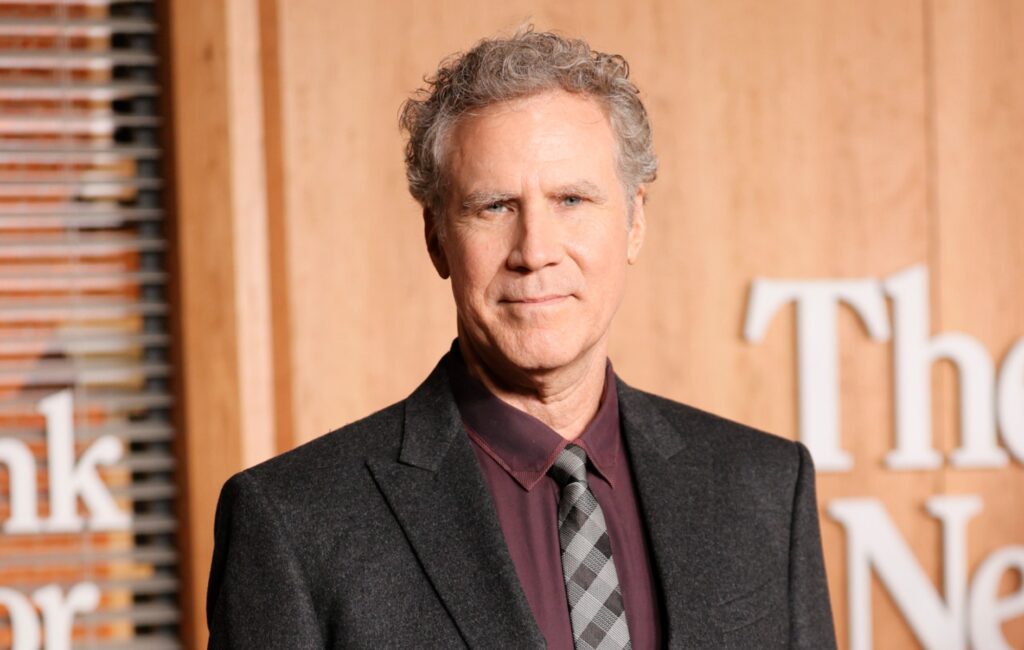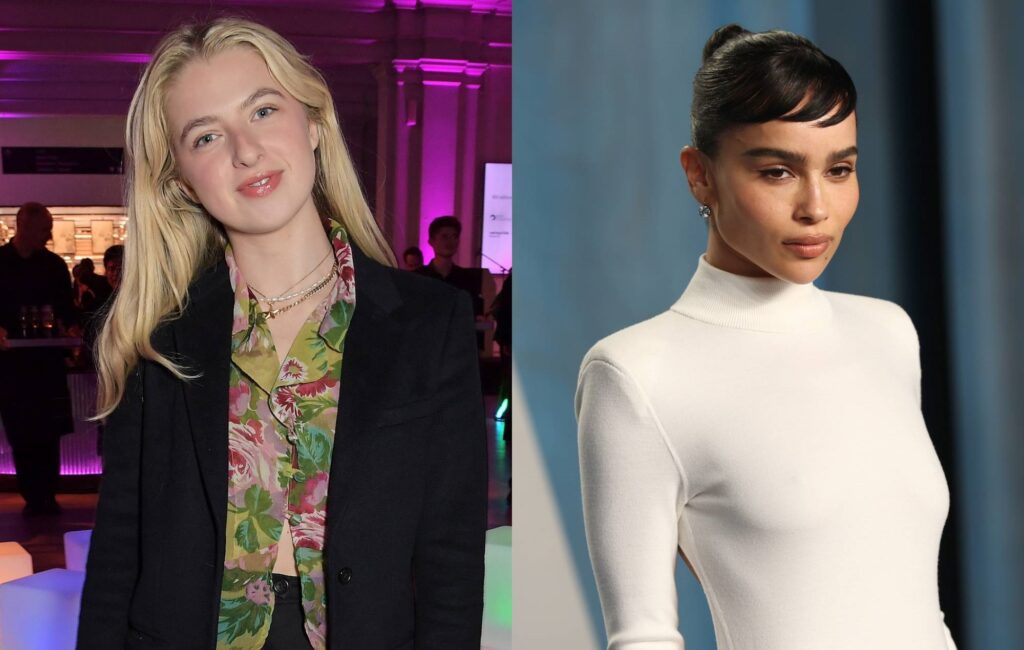Michael J. Fox to be awarded honorary Oscar for work as Parkinson's disease activist
 Posted On
Posted On
Michael J. Fox is set to receive an honorary Oscar for his work as a Parkinson’s disease activist.
The announcement was made on Tuesday (June 21) by the Academy’s board of governors, who will also be honouring 13-time Oscar-winning songwriter Diane Warren, six-time directing-writing Oscar runner-up Peter Weir, and pioneering Black director Euzhan Palcy.
Fox, Warren, Weir and Palcy will receive their honorary Oscars at the Academy of Motion Picture Arts and Sciences’ 13th Governors Awards on November 19.
“The Academy’s board of governors is honored to recognize four individuals who have made indelible contributions to cinema and the world at large,” Academy president David Rubin said in a statement (via The Hollywood Reporter).
“Michael J. Fox’s tireless advocacy of research on Parkinson’s disease alongside his boundless optimism exemplifies the impact of one person in changing the future for millions.”

He continued: “Euzhan Palcy is a pioneering filmmaker whose groundbreaking significance in international cinema is cemented in film history.
“Diane Warren’s music and lyrics have magnified the emotional impact of countless motion pictures and inspired generations of musical artists.
“And Peter Weir is a director of consummate skill and artistry whose work reminds us of the power of film to reveal the full range of human experience.”
The Hersholt Award has previously been awarded 42 times. Some of the recipients include Gregory Peck, Frank Sinatra, Oprah Winfrey, Jeffrey Katzenberg and Angelina Jolie.
Fox, who is best-known for playing Marty McFly in the Back To The Future films, was diagnosed with young-onset Parkinson’s disease in 1991, at the age of 29.
In 2000, he founded the Michael J. Fox Foundation for Parkinson’s Research, which is now the world’s leading Parkinson’s research organisation.
On living with the disease, Fox told The Guardian in 2020: “It’s like my walking. I used to walk fast, but every step is now like a frigging math problem, so I take it slow. And with acting, I used to race to the punchline. But I started to really pay attention because I couldn’t just skate over any moment.”


